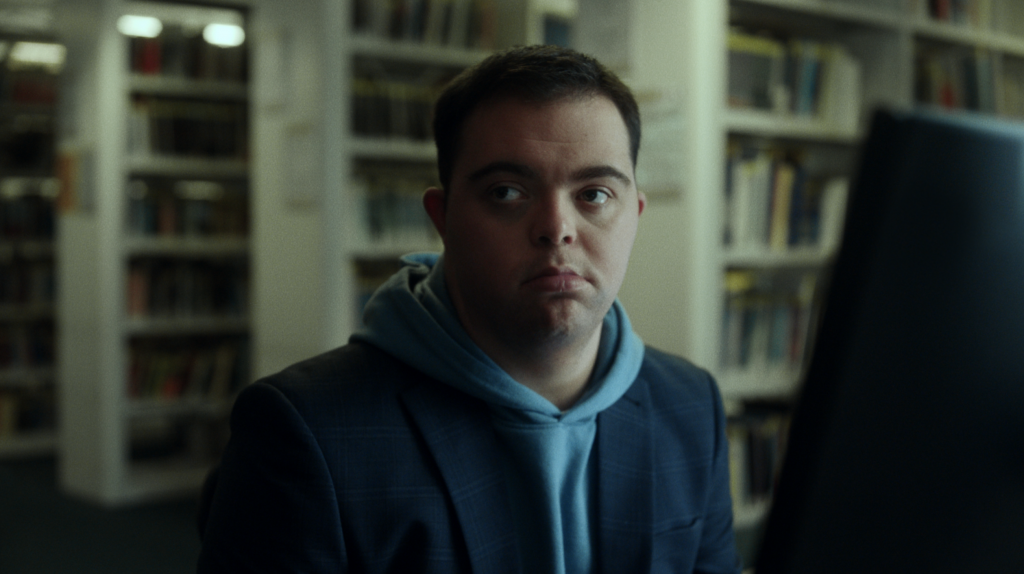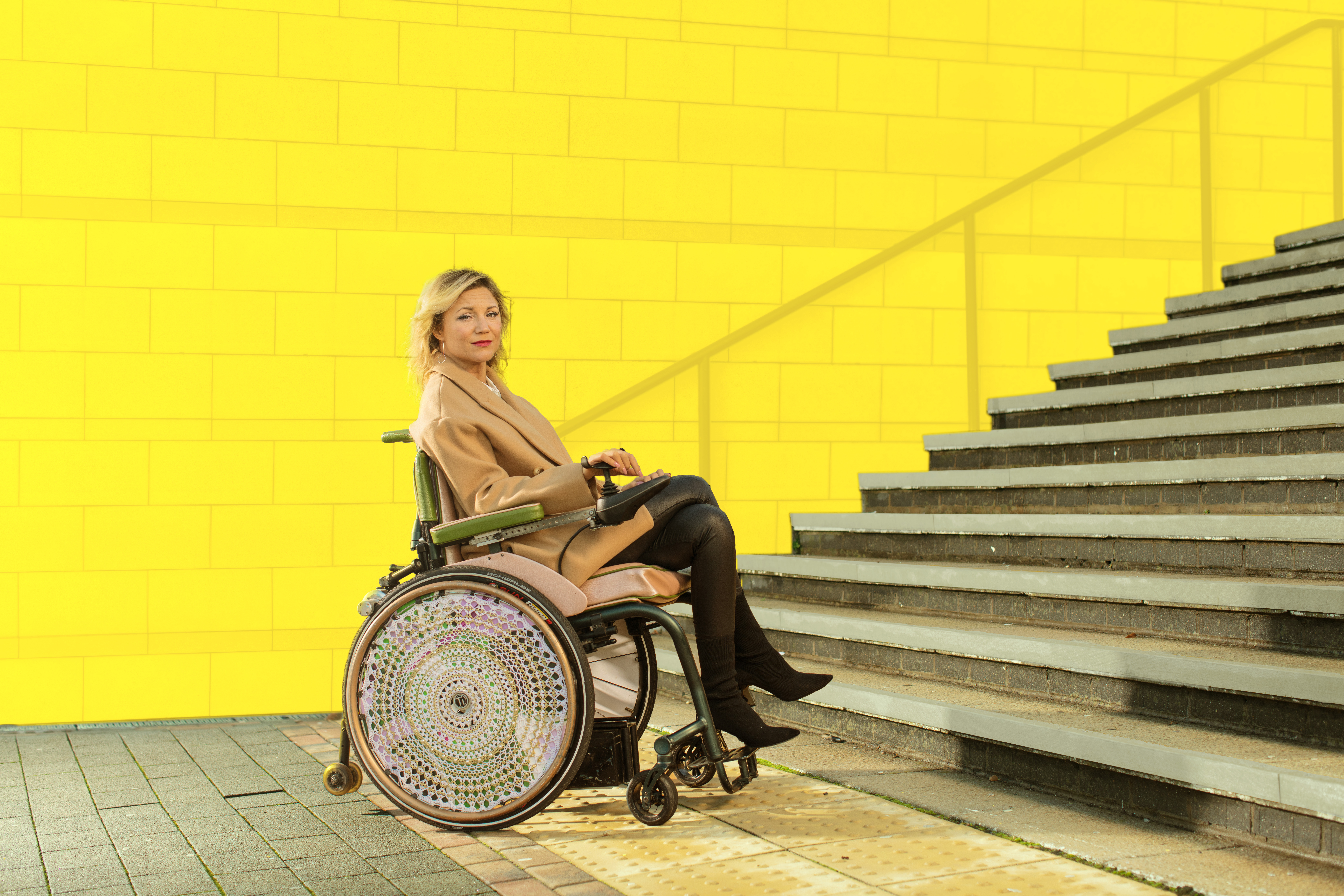Disabled people aren’t held back by their individual impairments, but by the institutional barriers within society. A new campaign from Leonard Cheshire is putting the focus squarely on equal rights to live, learn and earn, writes Dr Stephen Duckworth.
I was the first disabled person I met. I broke my neck at the age of 21, becoming paralysed in all four limbs, and I now use an electric powered wheelchair. I had never enjoyed the privilege of going to school with disabled children, or playing with them in the park, or even travelling on the same bus. I had been segregated from them, marginalised, and excluded. I lived in the rose tinted world of severely able-bodied and brutally able-minded people.
At that time, I had become the tragic victim portrayed in classical literature as being asexual, excluded, or dangerous. I had transformed into Clifford in “Lady Chatterley’s Lover”, the beast from “Beauty and the Beast”, and Captain Hook – all rolled into one. My new frame of reference was daunting and negative.
The emergence of the Disability Rights Movement in the 1970s and 1980s presented the opportunity to escape from these deeply seated prejudices and the howling gale of low expectations. Historically, the commonly held perception that disabled people should be cured by medical professionals or cared for by charities was the underpinning ideology. The new approach identified the problem as residing in contemporary social organisation. We were disabled, not by our individual impairment, but by the institutional, architectural and widespread attitudinal barriers that dominated at the time.
We were disabled, not by our individual impairment, but by the institutional, architectural, and widespread attitudinal barriers that dominated at the time.
Dr Stephen Duckworth OBE
Much has been achieved since 1981, the International Year of Disabled People, which we quickly nicknamed “The Year of the Ramp” because that is all that happened, a few temporary ramps. So, disabled people became political because there was much more to be done. And, although much has been achieved since that time, there is still a huge amount more to do.

A still from the new Leonard Cheshire campaign.
Charities like Leonard Cheshire and Scope attracted criticism because they tended to maintain the status quo. However, they have changed by gradually increasing the representation of disabled people at all levels within their organisations. Leonard Cheshire’s new campaign is deeply rooted in the social model of disability and was developed in consultation with disabled people and using disabled performers. Disabled people want their own front door and the same opportunities as their fellow citizens to live, learn and earn. Rights with responsibility is all that we ask to see the Possibility with Disability.
“But it’s going to cost so much!” is shouted from the rooftops. “We can’t make the underground accessible,” they say. Those bellowing such proclamations, who routinely use the underground, never question how much it cost to put in an escalator. Our recent research into the cost of an accessible railway has also debunked the theory that the cost of step-free stations is prohibitive and, what’s more, we’re missing an economic trick by the sluggish progress to date.
There is increasing recognition of the achievements made by disabled people set out in the Disability Power 100 list. We are seeing improving representation of disabled people in politics, on TV, and in many other areas – but so much more needs to be done.
Possibility With Disability, Leonard Cheshire’s new campaign to support people to live, learn, and earn, has now launched. It features three disabled actors on their own journeys, demonstrating the real possibility with disability. The views expressed in this article are those of the author and do not necessarily reflect the views of EachOther.

